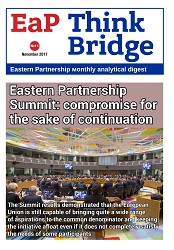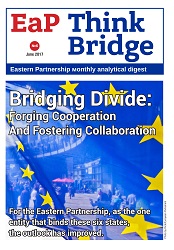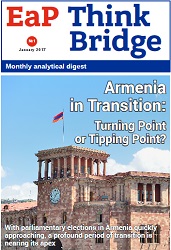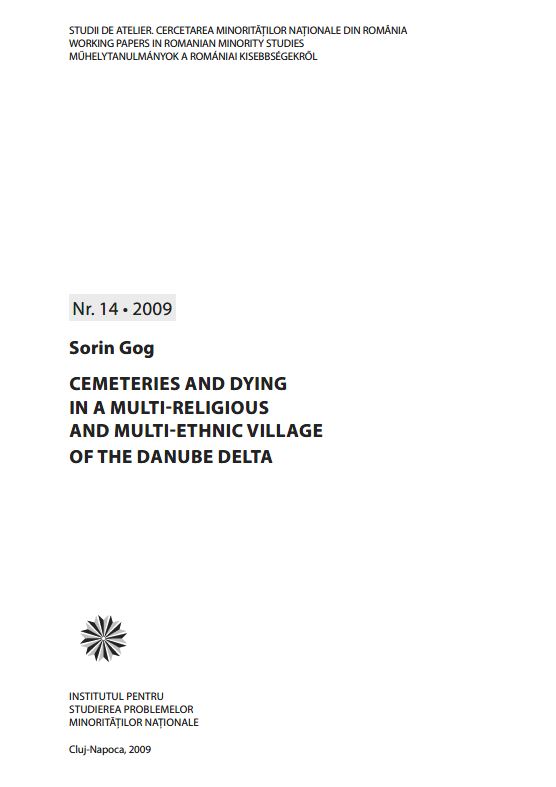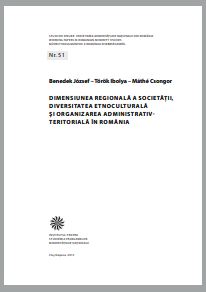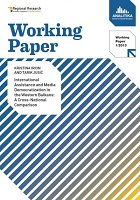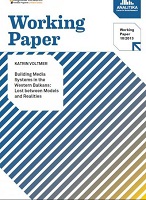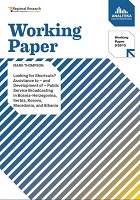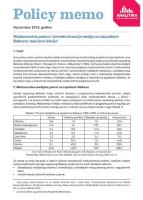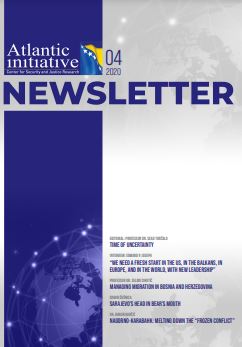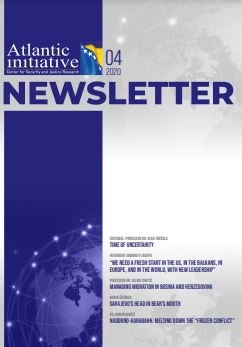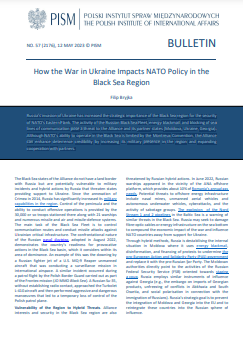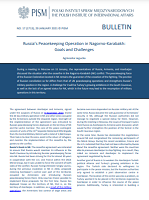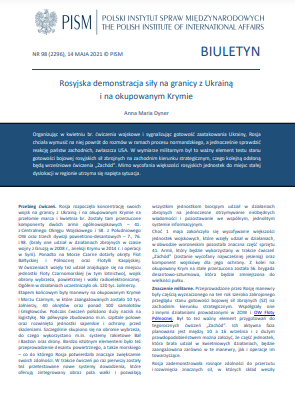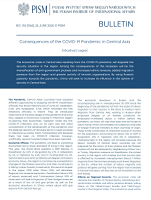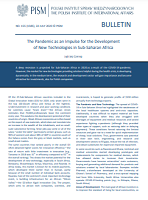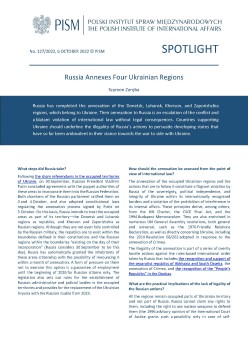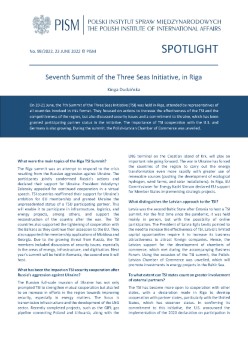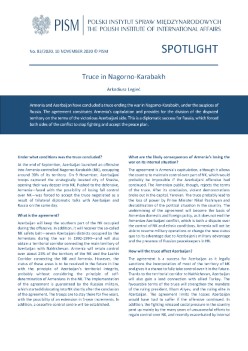Author(s): Katrin Voltmer / Language(s): English
When dictators fall, the rhetoric of ‘revolution’, ‘liberalisation’ or ‘new era’ often disguises the enormous difficulties that lie ahead. Beginning with the fall of the Berlin Wall that marked the end of the Cold War, democracy has spread around the world in breath-taking speed. However, as the ‘third wave’ comes of age, it becomes ever more evident that bringing down dictatorships is one thing, but building sustainable democratic institutions and media systems is quite another. The working papers produced within the project “Development of Functional Media Institutions in Western Balkans – A Comparative Study” provide vivid evidence of the many obstacles, errors and set-backs – but also of the achievements – that accompany the attempt of transforming media systems that hitherto have served the needs of an authoritarian regime into democratic institutions. Each of the working papers covering one of the five successor states of former Yugoslavia describes in much detail the policies that have been implemented to rebuild media institutions and journalistic practices in an environment that is marred not only by the legacy of socialism, but also by the trauma of war, deep societal divisions and economic decline. Given the importance of the Western Balkans for the stability and prosperity of Europe, considerable efforts have been made by the international community to build democracy in the region. Thus, besides describing the problems of transforming media systems in post-authoritarian countries, the working papers of this project also provide unique insights into the mechanisms and consequences of international media assistance in emerging democracies. In spite of the undeniable progress that has been made, the accounts given here are also rather sobering. The policies pursued by international donors often lack long-term sustainability and in some cases exacerbate rather than ameliorate existing problems. Taken together, the significance of this working paper series goes far beyond the region of the Western Balkans. The outstanding scholarship and in-depth knowledge brought together in these working papers also help to better understand the dynamics of media transformation in other emerging democracies around the globe. While some of the problems the media in the countries of former Yugoslavia are struggling with are unique for the region – for example the extremely small media markets of countries whose populations range between less than two million (Kosovo) and some seven million (Serbia), many others show striking similarities with developments in other new democracies. For example, issues of persistent political interference into journalistic decision-making, low levels of journalistic professionalism, political parallelism and sharp polarisation of public communication are common features around the globe. Moreover, the emphasis on the work of media assistance organisation described in these working papers further highlights the difficulties that arise when transplanting the institutions and norms of democracy as practiced in established (mainly western) countries to contexts that either do not have any, or only little, experience with democratic governance or are part of cultural and historical traditions that have little in common with western traditions. These apparent discrepancies between the established democracies of the West and the fledgling semi-, partial or defective democracies of the ‘third wave’ have provoked the question whether democracy and its essential ingredient of a free press can be exported to other contexts. As elsewhere in the post-communist world of Eastern Europe, policy makers in the countries of former Yugoslavia have looked out for role models in established democracies as guidance for the reconstruction of their media systems. Hallin and Mancini’s models of media systems have become an influential framework not only for academic research, but also for policy choices to design media systems in emerging democracies. The three models proposed by Hallin and Mancini identify the key dimensions of media systems of the regulatory arrangements and behavioural patterns that organise state-media relationships, media markets, journalistic professionalism and the relationship between the media and the main cleavages in a society (‘political parallelism’). The resulting ‘ideal types’ are the ‘liberal model’ that is characterised by low levels of state regulation, commercialism and objectivity and neutrality as key journalistic norm; the ‘democratic corporatist model’ that includes a strong public service element and the attempt to accommodate different interest and groups; and the ‘polarized pluralist model’ that is dominated by partisan journalism and a close relationship between politics and the media. Hallin and Mancini’s analysis, which focuses exclusively on Western media systems, reveals that the ‘liberal model’ is predominant in Anglo-Saxon countries, the ‘democratic corporatist model’ can be mainly found in the welfare states of Northern Europe and the ‘polarized pluralist model’ covers mainly the Mediterranean countries. Even though Hallin and Mancini emphasise that these models are empirical descriptions that do not imply any evaluation of the quality and adequacy of the kind of public communication each of the models provides, the ‘polarized pluralist’ model is widely seen as deficient and least desirable. Recent studies that have applied Hallin and Mancini’s models to non-western countries and in particular the new democracies of the ‘third wave’ have come to the conclusion that it is the ‘polarized pluralist’ model that best characterises cases outside the Western world. However, it appears implausible that eighteen Western media systems are diversified across three different models, whereas the rest of the world is lumped together into just one. Besides the conceptual problems this lack of variance throws up, the classification as ‘polarized pluralist’ usually also implies a normative judgment that marks these non-western and emerging media systems as immature and flawed. In this concluding working paper I want to explore in some more detail the empirical and normative underpinnings of democratic media systems, in particular the ‘polarized pluralist’ model. The paper aims to address some of the theoretical and normative issues involved in transforming post-authoritarian media systems, which have been described and analysed in the country studies of this working paper series. The discussion starts by introducing the concept of ‘social constructivism’ as an effective theoretical tool to understand processes of institutional change in processes of democratic transition. Two key elements of media systems serve as examples to demonstrate the ‘social construction’ of norms and practices in different social and political contexts: partisanship and pluralism. While partisanship is seen as a deficiency of media systems, albeit widely practiced, pluralism is valued as an indispensible norm of democratic media, yet difficult to achieve.
More...
